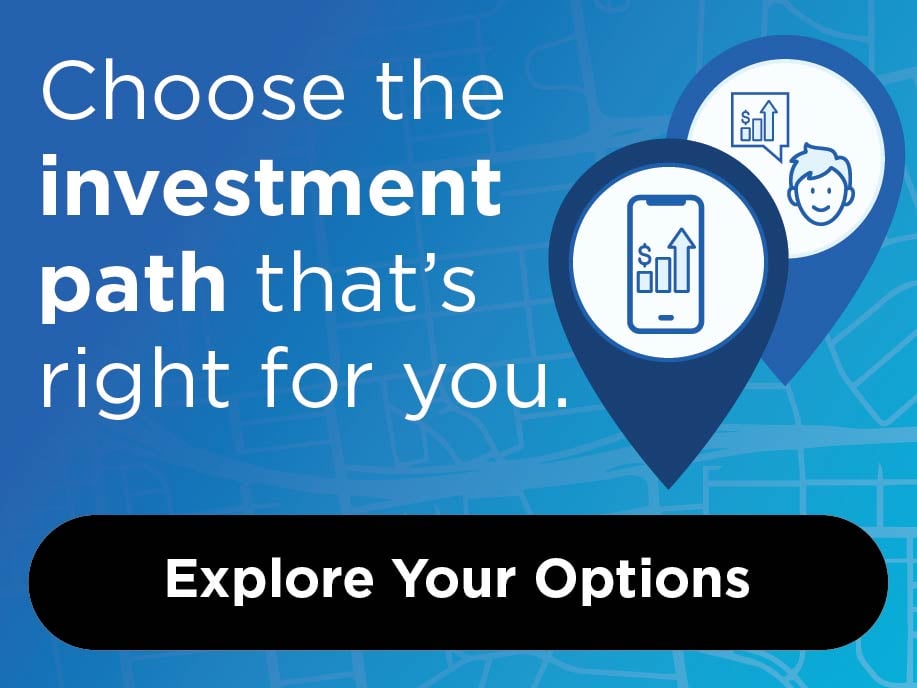
In today’s fast-paced digital world, understanding secure online behaviors and keeping your personal information safe is more important than ever.
One recent fraud campaign in particular involves scammers targeting people via phone call or text message impersonating financial institutions in an effort to gain access to online banking credentials. These fraudsters use scare tactics, such as claiming fraud has been identified on your account, to create fear and a sense of urgency. They can even use spoofing technology to have their message or call appear to come from your financial institution’s phone number. These efforts can be successful in leading victims to believe they are speaking to a reliable source. Once scammers obtain login credentials, they will inform the victim they are sending a PIN Code for verification, and after the victim provides it, the scammer will be able to access the victim’s account in order to transfer funds. It’s important to note that CommunityAmerica will never ask for your account credentials, password or PIN number over the phone or via text message. If you are ever asked for these and feel the caller could be impersonating us, hang up and call us directly to confirm whether a call was made to you.
Read on for more helpful tips to protect yourself from fraud and recognize potential scams.
Prevention
It seems you need a username and password for just about everything these days, from your bank account to your favorite online shopping sites. While it may be tempting to create a simple universal username and password, it’s much safer to follow these best practices:
Creating a Secure Username
- Avoid easy to guess combinations, such as first initial last name or first and last name.
- Try to create unique usernames that include a combination of numbers and letters.
Tips for Strong Passwords
- Create long, complex passwords – incorporate symbols, phrases and capitalization.
- Keep your passwords secure, don’t share them with anyone or leave them lying around.
- Update important passwords every six months or so, frequent updates add additional account protection.
- Again, don’t use the same password across multiple websites, each login should have its own unique password.
If keeping track of multiple usernames and passwords seems complicated, try using a password manager tool, many of which can also generate or recommend strong passwords and conveniently save them on your trusted devices.
For an added layer of security, set up multi-factor authentication for accounts or apps that offer it. These measures make it harder for scammers to access your accounts, even if they get your username and password, by requiring two or more credentials to log in, such as a passcode or fingerprint scan.
It’s also important to monitor your financial accounts regularly and keep an eye out for any suspicious or unauthorized transactions. My Cards in our Mobile App enables you to control your CommunityAmerica credit and debit cards, with the power to set limits and turn your card on/off instantly. Be sure to report any suspected fraud as soon as possible.
Be Scam Aware
Today, scammers have more technology at their disposal. Be vigilant when it comes to suspicious phone calls, emails and text messages and keep in mind these tips:- Never engage with or click on links in unsolicited emails or text messages.
- If you receive a notification for a one-time passcode authorization you didn’t request, do not respond or validate the login.
- Avoid answering calls from blocked or unrecognized numbers. However, you also shouldn’t trust caller ID, as scammers can spoof phone numbers.
- CommunityAmerica will always identify themselves on the phone and will never ask for your account credentials, password or PIN number on a call. If you are ever asked for these and feel the caller is impersonating CommunityAmerica, hang up and call us directly to confirm whether a call was made to you.
- Scammers can also send emails that appear to come from someone you trust. Always double check the sender’s name and full email address for inconsistencies like misspellings.
Digital and Mobile Payments
Digital payment apps have made it more convenient to split lunch with a friend, cover an expense for a family member or donate to a good cause. While these payment methods are intended to be a secure way to send money fast, you should still exercise caution. Here’s some specific advice for sending and receiving money safely:- Send money only to people you know and trust.
- Double check all aspects of the transaction, such as the amount, and confirm your recipient’s contact information before you press send.
- Pause to consider if anything seems suspicious about the payment. For example, is the requestor expressing extreme urgency or claiming to be from your bank? Are you paying a stranger in advance for event tickets or an item you found online? In these scenarios, it’s best to choose a different payment option.
- If it’s someone you’re sending money to for the first time, ask them to send a request for the payment, if possible, to ensure you have the right recipient and amount.
- Set up extra security measures, such as a passcode, PIN or fingerprint authentication requirement for sending money digitally on your device.





